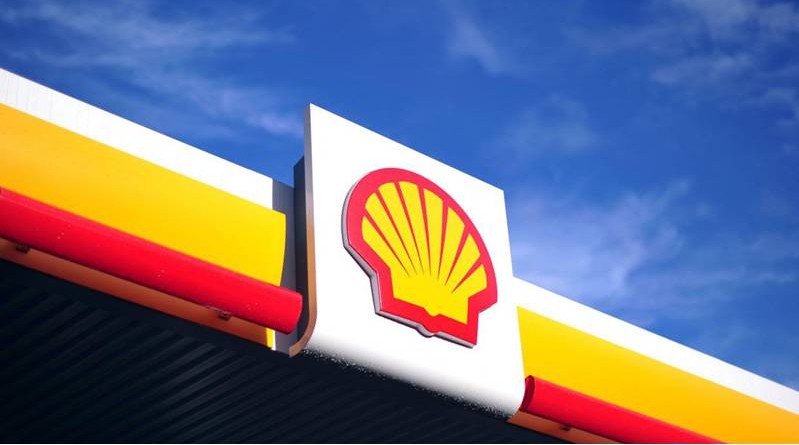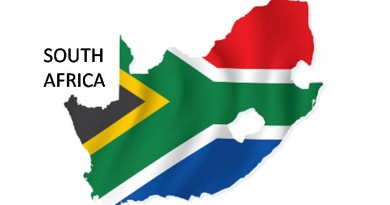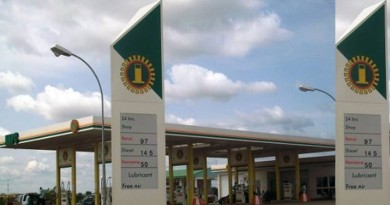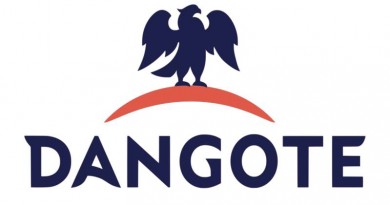Shell Petroleum supports Nigeria’s domestic gas ambition for industrialization
The Shell Petroleum Development Company of Nigeria (SPDC), has restated commitment to support the Federal Government of Nigeria’s goal of using the country’s proven gas reserves to trigger economic activities for gas-based industrialization.
SPDC’s Managing Director and Country Chairman of Shell Companies in Nigeria, Mr. Osagie Okunbor, said Shell’s support is shown in the company’s multi-billion dollars investment in four of Nigerian National Petroleum Corporation’s (NNPC) ‘Seven Critical Gas Development Projects’.
“Shell has invested in the Assa North Gas Project; Four Unitised Gas Fields; Brass Fertilizer Company; and the Cluster Development of Okpokunou/Tuomo West (OML 35/62) to support the government’s drive for national development. I am very happy that NNPC and the Nigerian Content Development and Monitoring Board have taken key roles in these projects. These are positive steps,” said Osagie.
Osagie commended the government’s recent progress in gas development and stated support for NNPC’s aspiration to grow domestic gas usage in Nigeria to 5 billion cubic feet of gas per day from its current 1.7 billion cubic feet of gas per day by 2022. “Nigeria has launched out on a few audacious and, frankly, great projects to essentially drive our ambition as a country in this regard. Let’s find a way to make sure that we stay the course and begin to put our efforts in a consistent manner towards downstream where our country can get ultimate benefit for gas. A robust pricing framework would be very helpful to unlock Nigeria’s proven gas reserves, especially for Power, Agriculture and Industrial sectors,” he added.
Osagie further said that the current pricing regime does not quite fit the wider framework of what the gas industry does, and that there’s need to incentivize methanol and fertilizer production, which is extremely important, to gear up the agricultural sector, although the price regime now in that sector is lower than the kind of prices that would supply to the Power sector and industrial establishments.
Policy makers have been urged to strike a careful balance between trying to raise funds – in terms of the kind of taxes and royalties that are put on gas – and understanding that this is actually much more of a resource that drives national development. This is because Gas is by far more important as a catalyst for development.
With over 200 trillion cubic feet of gas proven, the world’s 9th largest proven gas reserves, Osagie said Nigeria can satisfy both domestic and export markets of gas if the right policies and processes are put in place and the country continues to drive those policies, processes and gas infrastructure.




